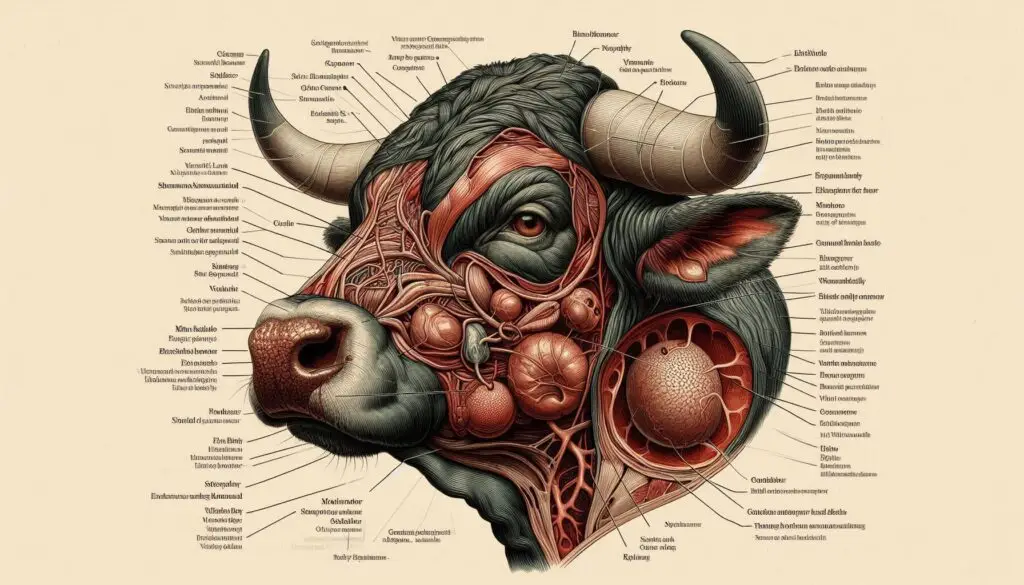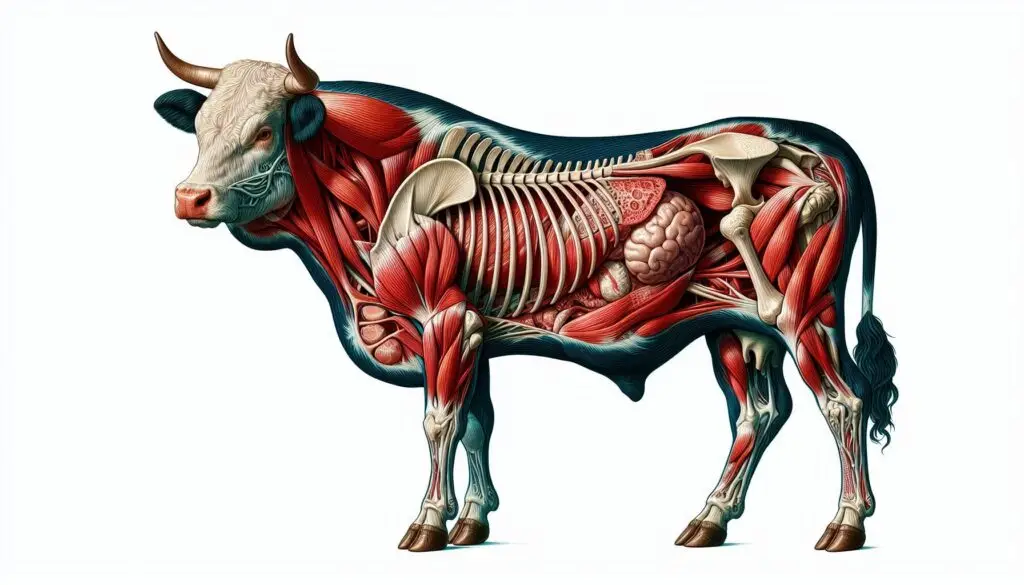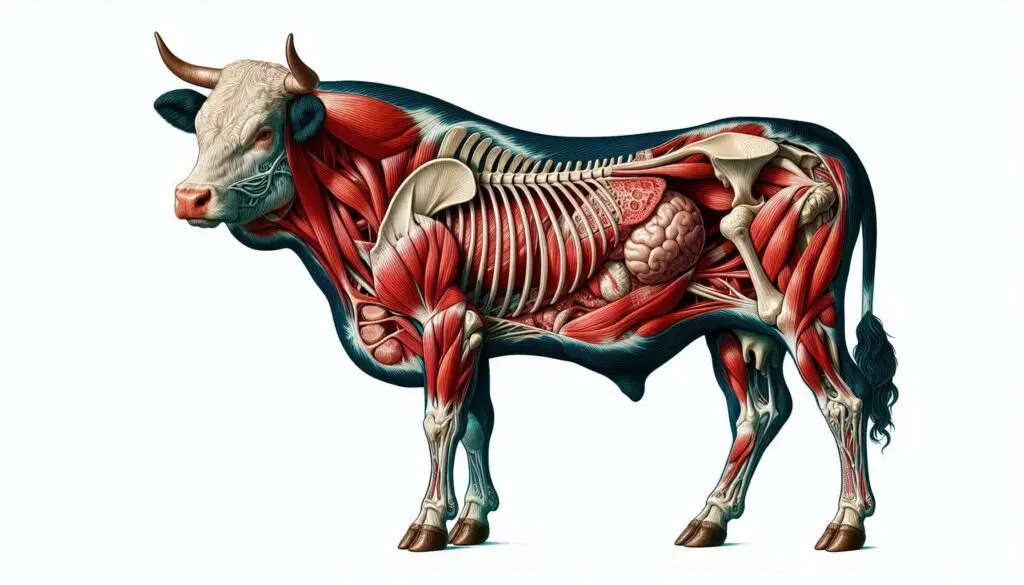Diluents in Cattle Semen Preservation

Introduction
Cattle breeding is essential for improving livestock quality and productivity. One of the most critical aspects of this process is the preservation of cattle semen. Effective preservation techniques ensure that sperm remains viable for artificial insemination (AI). This article explores the various diluents used in cattle semen preservation, their components, and their effectiveness.
Importance of Semen Preservation
Semen preservation allows farmers to store high-quality sperm for later use. This practice not only enhances breeding efficiency but also reduces the need for transporting live animals. By using preserved semen, breeders can select superior genetics without the logistical challenges associated with live animal transport.
Types of Diluents Used in Cattle Semen Preservation
Several types of diluents are used to preserve cattle semen. These can be broadly categorized into natural products, milk-based extenders, and commercial formulations.
Natural Products
Natural products have been explored as potential diluents. For example, fruit juices like tomato juice and coconut milk have been tested. While they show some promise, they are not commonly used today due to variability in performance.
Limitations of Natural Products
Natural products often lack consistency in composition. This inconsistency can lead to unpredictable results in sperm viability. Therefore, researchers have shifted focus toward more reliable options.
Milk-Based Extenders
Milk-based extenders are among the most widely used diluents for cattle semen preservation. They provide essential nutrients and protect sperm during storage.
Key Components of Milk-Based Extenders
- Egg Yolk: Egg yolk is a critical ingredient in many milk-based extenders. It contains lipoproteins that stabilize sperm membranes during freezing and thawing processes.
- Glycerol: Glycerol acts as a cryoprotectant. It helps prevent ice crystal formation within sperm cells during freezing.
- Antibiotics: Many milk-based extenders include antibiotics to prevent bacterial contamination. This is crucial for maintaining sperm quality.
Popular Milk-Based Extenders
Some popular milk-based extenders include:
- Bioxcell®: Known for its efficacy in preserving bull sperm.
- OptiXcell®: Offers excellent post-thaw motility rates.
- Andromed®: Provides a balanced nutrient profile for optimal sperm survival.
Commercial Formulations
Commercial formulations have been developed specifically for cattle semen preservation. These products are designed to optimize sperm viability during both refrigeration and freezing.
Examples of Commercial Formulations
- Caprogen: This extender has shown superior results in maintaining sperm motility after thawing. Research indicates that it allows for a significant reduction in insemination doses without sacrificing fertility rates (PubMed).
- INRA96: Known for its high fertility rates in AI applications, INRA96 has been shown to perform similarly to Caprogen under various conditions (PubMed).
- Biladyl: Contains egg yolk and other protective agents that enhance sperm survival, outperforming alternatives lacking egg yolk (3).
Performance Comparison of Diluents
Research indicates significant variability in the effectiveness of different diluents. For instance, studies comparing various extenders show that those containing egg yolk often yield higher post-thaw motility rates compared to those without it.
Study Findings on Diluents
In a study conducted by Journal of Dairy Science, researchers found that using egg yolk-based diluents resulted in better outcomes than commercial alternatives lacking egg yolk.
Factors Affecting Sperm Viability During Preservation
Several factors influence the success of cattle semen preservation:
Temperature Control
Temperature plays a crucial role in maintaining sperm viability. Sperm should be stored at specific temperatures to prevent damage:
- Refrigerated storage typically occurs at 4°C.
- Frozen storage requires temperatures below -196°C using liquid nitrogen.
Duration of Storage
The length of time that semen is stored also affects its viability. Generally, fresh semen can last up to 7 days when refrigerated, while frozen semen can be preserved indefinitely if stored correctly.
Thawing Techniques
Proper thawing techniques are essential for maximizing sperm viability after storage. Rapid thawing is recommended to minimize damage to the sperm cells. For example:
- Thawing frozen straws in water at 37°C for 30 seconds is a common practice.
Conclusion
Cattle semen preservation is vital for successful artificial insemination programs. The choice of diluent significantly impacts the viability and fertility rates of preserved sperm. Milk-based extenders and commercial formulations have proven effective due to their protective properties and nutrient content.
More from Animal Reproduction:
https://wiseias.com/artificial-insemination-farm-animals/
https://wiseias.com/advantages-of-artificial-insemination-farm-animals/
https://wiseias.com/enhancing-conception-rates-cows-artificial-insemination/





Responses